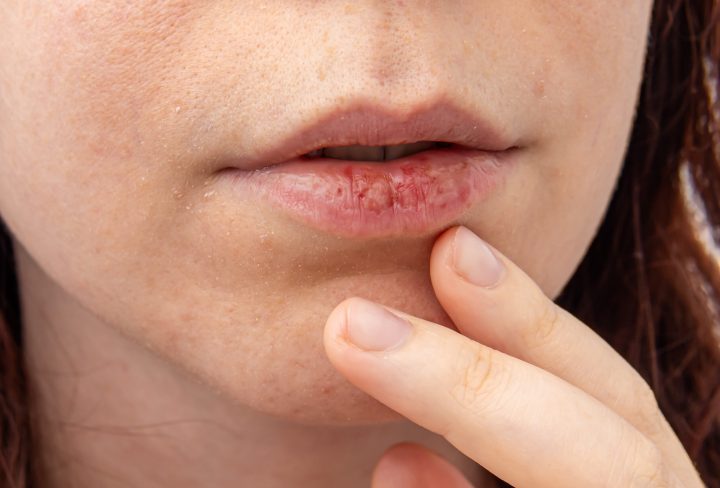Dry mouth, also called xerostomia, is a common problem that affects many people. It happens when your mouth does not make enough saliva. Because saliva is important for your oral health, dry mouth can cause discomfort and other issues. In this blog, we will explain what dry mouth is and focus on the most common symptoms. You will also learn why it is important to notice these signs early and how to manage them.
What Is Dry Mouth (Xerostomia)?
Dry mouth, or xerostomia, means your mouth feels dry because it does not have enough saliva. Saliva helps you chew, swallow, and speak. It also protects your teeth from decay. In fact, many adults experience dry mouth at some point. Sometimes, it is a short-term problem. Other times, it can last longer and affect your daily life. Because dry mouth can lead to other health issues, it is important to understand and recognize it.
Common Symptoms of Dry Mouth
Dry mouth symptoms can be mild or severe. However, they often make daily activities harder. Here are the most common signs to watch for:
Because these symptoms can affect your comfort and health, it is important to notice them early.
Why Recognizing Symptoms Matters
Early recognition of dry mouth symptoms is very important. If left untreated, dry mouth can lead to tooth decay, gum disease, and mouth infections. Over time, it can also make eating and speaking more difficult. For this reason, noticing symptoms early helps you take action and protect your oral health. According to the CDC, good saliva flow is key for a healthy mouth. So, do not ignore these signs.
When to See a Dentist
Sometimes, dry mouth is a minor problem that goes away on its own. However, you should see a dentist if:
Because a dentist can find the cause and suggest the best treatment, do not wait too long. Early help can prevent bigger problems.
Tips for Managing Dry Mouth Symptoms
There are several ways to relieve dry mouth symptoms at home. Here are some helpful tips:
Because these steps can help, try them and see what works best for you.
Conclusion & Call-to-Action
In summary, dry mouth (xerostomia) is a common condition with clear symptoms. Early recognition and simple steps can help you manage it. However, if symptoms last or cause problems, consult a dentist for personalized advice on managing dry mouth. Your oral health matters, so take action today.
